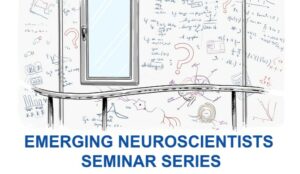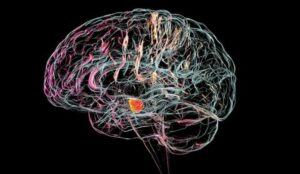
A study led by Cambridge researchers has shed light on how neural stem cell grafts could help restore myelin in the central nervous system. The findings suggest that neural stem

Applications are now open for the 2025 Emerging Neuroscientists Seminar Series (ENSS) at the Sainsbury Wellcome Centre (SWC), UC. ENSS is an annual seminar series organised by

The Cambridge Neuroscience MPhil in Basic and Translational Neuroscience has accepted its 9th cohort of students due to start in October 2025. The course has proved very successful in its

I wanted to take a moment to encourage you to consider registering for BNA2025, especially if you haven’t done so yet. This is an incredible opportunity for early career

Researchers at the University of Cambridge have discovered genes linked to obesity in both Labradors and humans. They say the effects can be over-ridden with a strict diet and exercise

A ‘chasm of misunderstanding and miscommunication’ is often experienced between clinicians and patients, leading to autoimmune diseases such as lupus and vasculitis being wrongly diagnosed as psychiatric or psychosomatic conditions,

Scientists have created the most detailed map to date of the human hypothalamus, a crucial brain region that regulates body weight, appetite, sleep, and stress. “HYPOMAP

Congratulations to Professor Barbara Sahakian and Dr Christelle Langley (pictured below bottom right) on the launch of their recent book, Brain Boost – Healthier

Antibiotics, antivirals, vaccinations and anti-inflammatory medication are associated with reduced risk of dementia, according to new research that looked at health data from over 130 million individuals.

Cambridge researchers are developing implants that could help repair the brain pathways damaged by Parkinson’s disease. “Our ultimate goal is to create precise brain therapies that